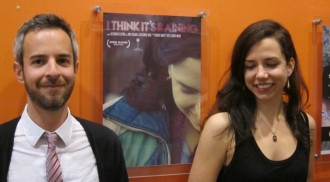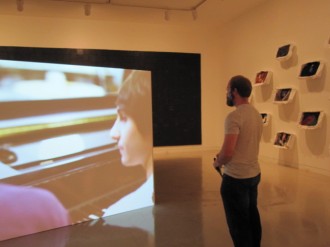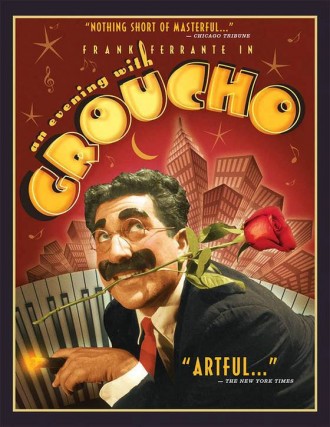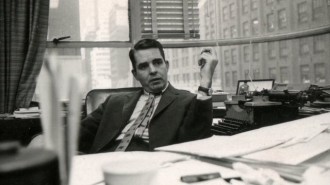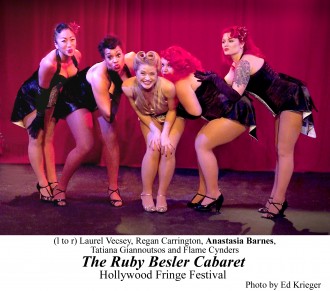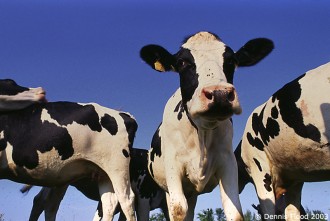
‘Cow Power’ turns the lights on
Global warming is an issue that has garnered bursts of widespread attention in both mainstream media and flyers on the walls of local colleges, with an impact as concerted as it is aloof. Films about the “inevitability” of our ill-fated demise (2012, An Inconvenient Truth) stand toe-to-toe with those rallying against the supposed absurdity of such a notion (The Great Global Warming Swindle). In a sort hilarious twist of irony, there may be a bigger issue at hand here, one that connotes the idea of a hell-on-earth as defunct.
Read More
